My loved one & several of my friends have attended Aloh House treatment facility in Maui & they all have only good things to say about it. Personally it helped my loved one who was addicted to meth for 15 years & I feel like I got them back after they went to Al ...
About Aloha House, Inc
The detox program is medically monitored, which means you’ll be overseen by medical staff. Medications are used to provide as much comfort as possible. The meds also help reduce cravings, so you’ll have a greater chance of not relapsing. Once the detox is complete, the next phase of treatment can begin.
Residential treatment is for those who need a high level of care and support. You’ll have a highly controlled environment with structure, routine, and rules, all geared towards living a substance free life. One specific type of treatment is cognitive behavioral therapy, which helps address co-occurring mental and behavioral health disorders. Group classes are offered on a wide variety of subjects related to addiction and recovery. Recreational activities, like sports and beach trips are included along with all meals. The program generally lasts up to six weeks.
Outpatient treatment is for those who can receive treatment while also going to work and maintaining their personal and family responsibilities. This program is a good fit if you graduated from the residential program or are stable and don’t need a high degree of care. Common treatment methods include individual, family, and group counseling.
Sober living homes are there if you need a safe and structured living environment. You can keep working on recovery in the company of others who are doing the same. This program is for those who need more time to regain strength to move forward in life. Common areas of focus in sober living homes are education, finding a steady job, and handling life’s challenges while remaining sober.
Just in case you need it should a relapse occur, a mobile crisis unit is available. The entire program is accredited by CARF, so you know it meets a high standard of care.
Latest Reviews
Thank you for reaching out. We're sorry that our treatment program requirements didn't work with your needs.
We wish you well with your recovery. Take care.
Rehab Score
Gallery
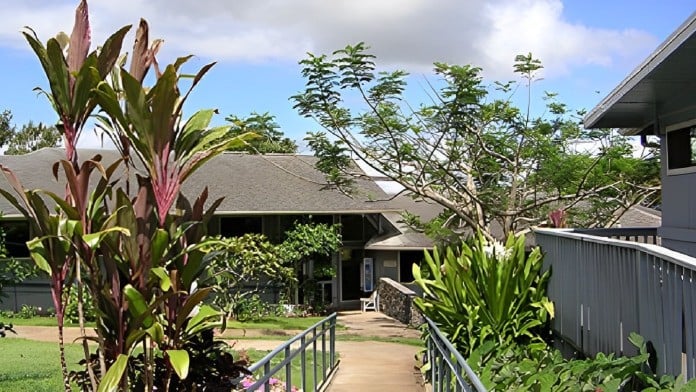
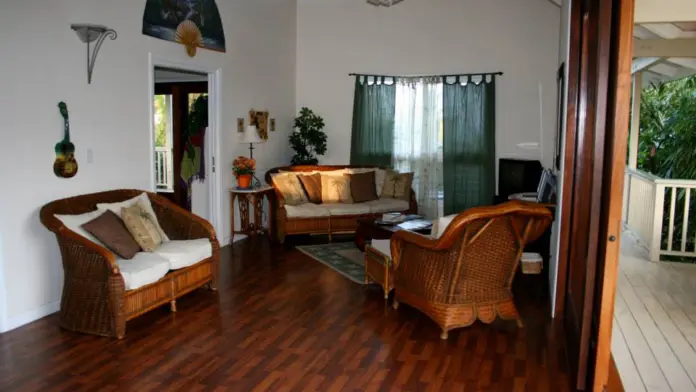
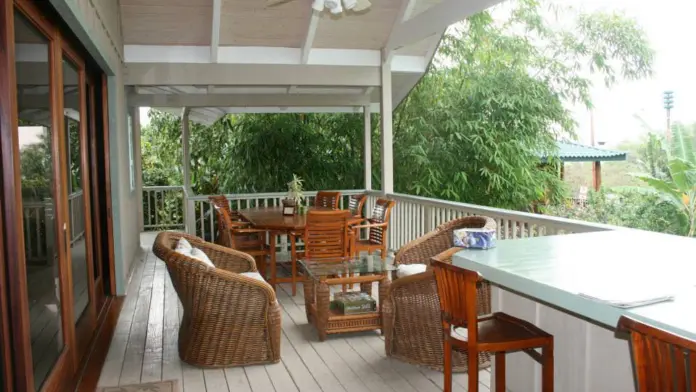
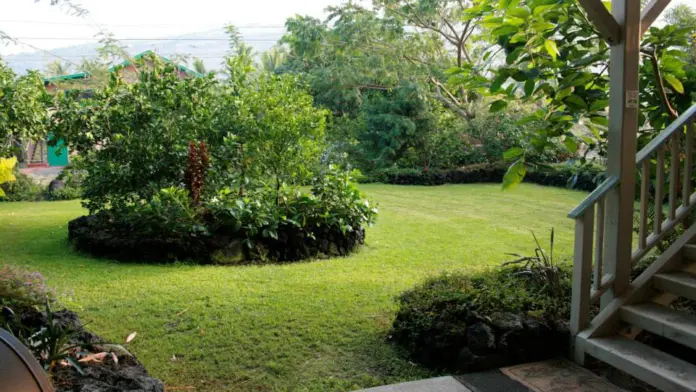
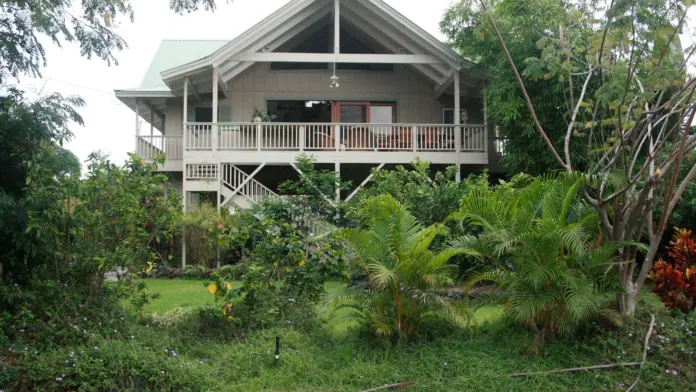
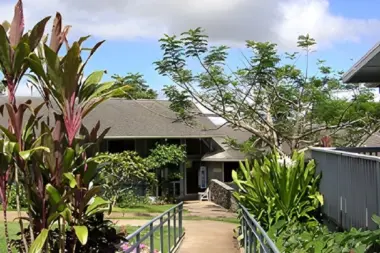
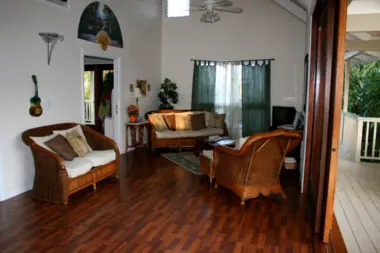
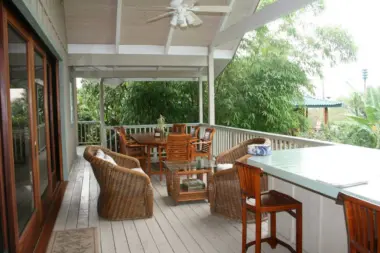

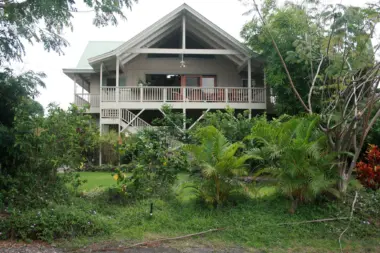
Other Forms of Payment
Private insurance refers to any kind of healthcare coverage that isn't from the state or federal government. This includes individual and family plans offered by an employer or purchased from the Insurance Marketplace. Every plan will have different requirements and out of pocket costs so be sure to get the full details before you start treatment.
Self-pay involves paying for treatment out of your own pocket. You can use savings or credit, get a personal loan, or receive help from family and friends to fund your treatment. If you don't have insurance or your insurance plan doesn't cover a specific program, self-pay can help ensure you still get the care you need.
Financial aid can take many forms. Centers may have grants or scholarships available to clients who meet eligibility requirements. Programs that receive SAMHSA grants may have financial aid available for those who need treatment as well. Grants and scholarships can help you pai for treatment without having to repay.
Military members, veterans, and eligible dependents have access to specific insurance programs that help them get the care they need. TRICARE and VA insurance can help you access low cost or no cost addiction and mental health treatment. Programs that accept military insurance often have targeted treatment focused on the unique challenges military members, veterans, and their families face.
Medicaid is a state based program that helps lower-income individuals and families pay for healthcare. Medicaid covers addiction treatment so those enrolled can use their coverage to pay for rehab. When a program accepts Medicaid the client often pays very little or nothing out of their own pocket.
Addiction Treatments
Levels of Care
Aloha House offers medically monitored detox as part of their licensed residential treatment, supporting individuals through the initial phase of recovery from drugs and alcohol. This service helps manage withdrawal safely, paving the way for effective outpatient or inpatient treatment.
Their Residential Treatment program provides a structured living environment for those who need a real “time-out” from their daily lives in order to get better. Clients must come into treatment voluntarily. The program provides screening, assessment, nursing care, counseling, psychological services, case management, recovery education, discharge planning and assistance in developing sober support in the community.
Aloha House provides 24/7 crisis outreach, emergency shelter, and transitional living for youth in Maui, ensuring immediate support and stability. Their 24-hour clinical care includes case management and counseling to help youth facing homelessness or crisis situations.
Aloha House supports ongoing sober living and recovery through 12-step programs, helping individuals face the challenges of addiction. Their services promote long-term sobriety by fostering community support and personal growth in Maui’s recovery community.
As Maui’s only licensed residential treatment provider, Aloha House offers sober living homes that support individuals transitioning from inpatient care. These homes provide a safe environment for continued recovery, helping participants rebuild their lives and maintain sobriety.
Treatments
Aloha House offers comprehensive support for alcohol addiction, helping individuals end their dependence through personalized treatment plans. The facility emphasizes ongoing sober support, addressing the physical, mental, and spiritual aspects of recovery to foster lasting sobriety in Maui’s community.
Aloha House provides tailored drug addiction treatment, including crisis outreach, medically monitored detox, and outpatient services. Their programs focus on helping participants overcome dependence, rebuild relationships, and create new pathways for health and wellness in Maui’s recovery community.
As Maui’s only licensed residential substance use treatment provider, Aloha House offers a continuum of care for opioid addiction, including medically monitored detox and outpatient treatment. Their individualized plans support recovery from opioid dependence, including fentanyl and heroin, in a culturally sensitive environment.
Aloha House specializes in substance abuse treatment, providing crisis outreach, detox, counseling, and outpatient programs. Their holistic approach helps individuals address the physical and emotional impacts of addiction, supporting long-term recovery and healthier lifestyles on Maui.
Programs
Aloha House’s adult programs include outpatient treatment and holistic therapies, addressing long-term recovery needs. Their services focus on personalized care, cultural activities, and relapse prevention to support adults in Maui overcoming substance dependence.
Aloha House offers specialized outpatient services for youth and young adults, including school-based counseling and culturally engaging activities. Their programs aim to foster positive change and resilience among Maui’s youth facing substance use challenges.
Clinical Services
Research clearly demonstrates that recovery is far more successful and sustainable when loved ones like family members participate in rehab and substance abuse treatment. Genetic factors may be at play when it comes to drug and alcohol addiction, as well as mental health issues. Family dynamics often play a critical role in addiction triggers, and if properly educated, family members can be a strong source of support when it comes to rehabilitation.
Group therapy is any therapeutic work that happens in a group (not one-on-one). There are a number of different group therapy modalities, including support groups, experiential therapy, psycho-education, and more. Group therapy involves treatment as well as processing interaction between group members.
In individual therapy, a patient meets one-on-one with a trained psychologist or counselor. Therapy is a pivotal part of effective substance abuse treatment, as it often covers root causes of addiction, including challenges faced by the patient in their social, family, and work/school life.
During cognitive behavioral therapy in Hawaii, patients learn about their mental and behavioral health conditions and then learn techniques to help them change their patterns of thinking and behavior. Tools such as stress management, coping, and assertiveness are used to break free from patterns of substance abuse.
Amenities
-
Private Setting
Staff & Accreditations
Staff

Nicole Hokoana, LMFT
CEO
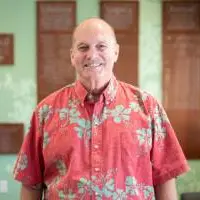
Ronald Nelson
COO

Dr. Lisa Ponichtera, PhD, LMFT, CSAC
Chief Clinical Officer

Malia Bohlin, MNM
Chief Development Officer
Accreditations

The Commission on Accreditation of Rehabilitation Facilities (CARF) is a non-profit organization that specifically accredits rehab organizations. Founded in 1966, CARF's, mission is to help service providers like rehab facilities maintain high standards of care.
CARF Accreditation: Yes
Contact Information
200 Ike Dr
Makawao, HI 96768
